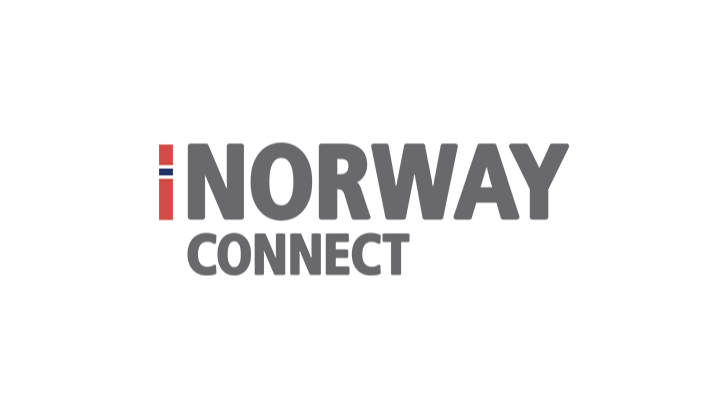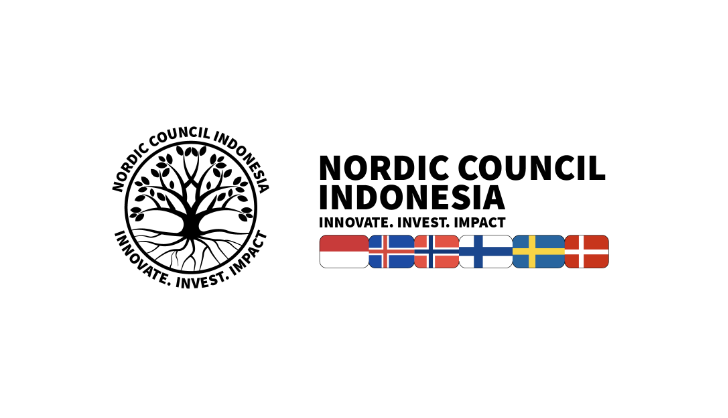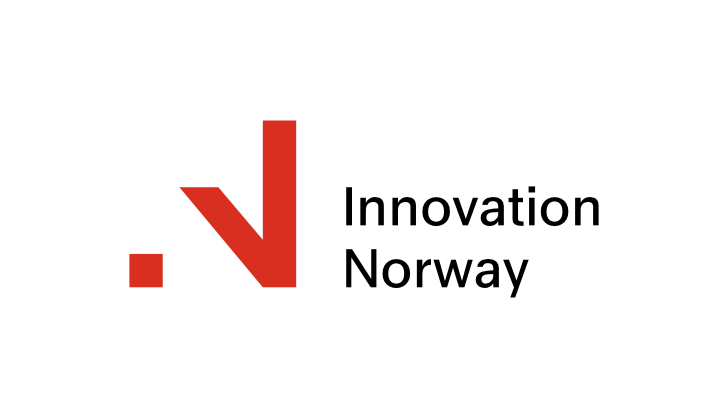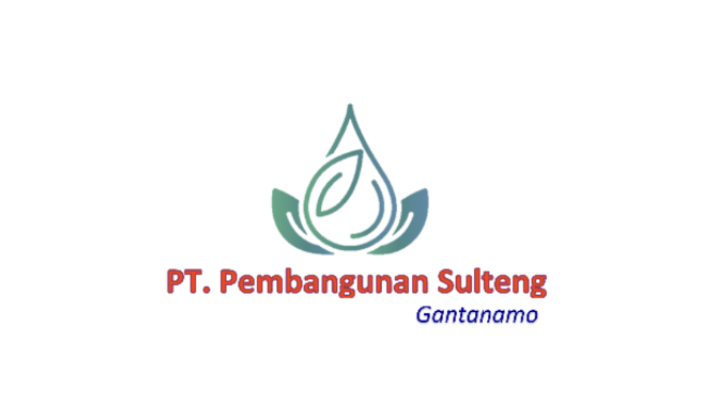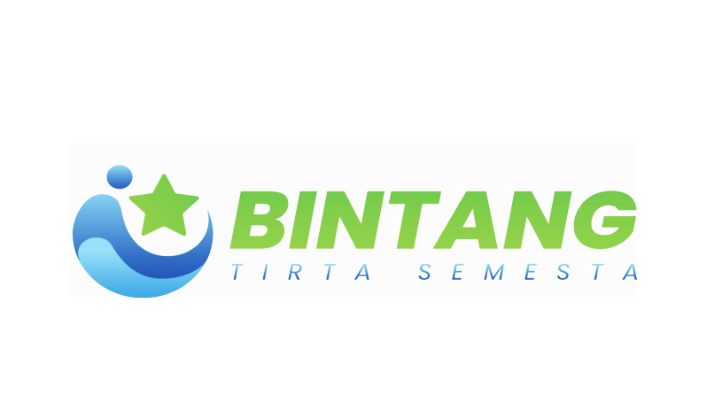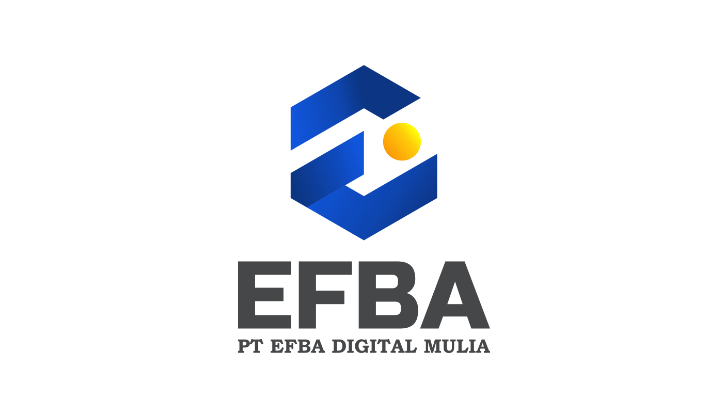A trademark is an important element for any businesses. Why? Because, without a trademark, any products a business offers in a market, whether goods or services, will not be recognizable. A trademark can also be used as a promotional tool for businesses in offering their product.
In creating a trademark, businesses need to ensure that the trademark they use does not violate the rights of others. Don’t let your business be on the receiving end of a warning letter from the rightful owner of a trademark your business happens to be using.
With that in mind, this article is meant to provide an overview of what businesses need to pay attention to, prior to registering and using a trademark in Indonesia.
Protection
Trademark protection in Indonesia begins after the trademark is registered, as stipulated in Law No. 20 of 2016 on Mark and Geographical Indication (MGI), which states:
“Right on Mark means the exclusive right granted by the state to a registered Mark owner for a definite period to use the Mark on his/her own or authorizes others to use it” (Article 1 Number 5).
“A Right on Mark is obtained after the Mark is registered” (Article 3).
That being said, registering a trademark in Indonesia is important. Because with registration, a trademark receives protection, and therefore the owner will have an exclusive right either to use the trademark on their own, to authorize another party or others to use it, or to exclude others from using the trademark.
Definition
For a trademark to be deemed acceptable in Indonesia, it has to be in the form of one or more of the following elements; a drawing or drawings, a logo or logos, a name or names, a word or words, a letter or letters, a numeral or numerals, a colour arrangement, in a 2 (two) and/or a 3 (three) dimensional shape, a sound or sounds, holograms, or a combination of 2 (two) or more of the previously-mentioned elements, as mentioned in Article 1 Number 1 of Law on MGI.
Process and Procedure
Note that not every trademark filed will always be registered. A trademark may be rejected based on grounds stipulated by the prevailing laws and regulations. Therefore, before filing a trademark, it is important for businesses to know the grounds that can be cited to reject a trademark application.
Based on Article 20 of Law on MGI, it is mentioned that a trademark is not registrable if it:
- contradicts the state ideology, laws and regulations, morality, religion, decency, or public order;
- is similar to, related to, or merely mentions the goods and/or services being applied for registration;
- contains any element, which may mislead the public in respect to its origin, quality, type, size, variety, intended use of goods and/or services being applied for registration or constitutes a name of protected plant varieties for similar goods and/or services;
- contains a description that does not correspond to quality, benefit, or efficacy of produced goods and/or services;
- is devoid of any distinctive character; and/or
- constitutes a generic name and/or public sign.
Since Law No. 11 of 2020 on Job Creation came into force, there is an addition to the above, where a trademark cannot be registered if it contains functional form.
In addition to the above provision, the other provision that businesses need to pay attention to, before filing a trademark is Article 21 of Law on MGI, where a trademark is rejected if:
it is substantially similar or identical with:
- a prior registered trademark or prior trademark application of other parties for similar goods and/or services:
- a well-known trademark of other parties for similar goods and/or services;
- a well-known trademark of other parties for dissimilar goods and/or services complying with certain requirements; or
- a registered Geographical Indication.
a trademark:
- constitutes or is similar to the name or initial of a well-known individual, a photograph, or the name of a legal entity owned by other people, unless under a written consent from its proprietor;
- constitutes as duplication or is similar to the name or initial, flag, sign or symbol or emblem of a state, or national or international agency, unless under a written consent from the authorities; or
- constitutes as duplication or is similar to an official sign or seal or stamp used by a state or Government agency, unless under a written consent from the authorities.
it is filed by a bad faith applicant.
Once a business has made a trademark and they wish to obtain protection, they may try to go ahead with filing the trademark application to the Directorate General of Intellectual Property (DGIP) Ministry of Law and Human Rights, Republic of Indonesia. Recently, a trademark can be filed electronically through a system administered by DGIP.
In general, a trademark registration process covers the following steps; filing, formality examination, 2 (two)-month publication (where any party can file an opposition, and the applicant can file a counter-statement against the said opposition), and substantive examination.
Two possibilities can happen in the substantive examination process; either the trademark application is registered or rejected. If the application is approved, then the applicant or its representative will receive a registration number followed by a trademark certificate. Whereas, if the application is rejected, then the DGIP will issue a notice of preliminary rejection, against which the applicant or its representative can file a written argument to respond to the notice. Assuming that the response is accepted, then the application will mature to registration. However, if the response ends up being rejected, the DGIP will issue a notice of permanent rejection.
Against the later said rejection, the applicant or its representative can file an appeal to the Trademark Appeal Board (TAB). Once filed, the TAB will examine the appeal. If accepted, the TAB will issue a decision mentioning that the application is approved to be registered. If the decision says the otherwise, the last resource the applicant or representative can consider taking to appeal the TAB’s rejection decision to the Court of Commerce. The Court of Commerce’s decision can be appealed.
Assuming that a trademark registration process runs smoothly (without receiving opposition and/or rejection from DGIP), the process will take approximately 12 – 24 months from the date the trademark application is filed (filing date). However, if there is an opposition and/or rejection, the process can be longer than the above estimated time.
Renewal
If a trademark application is approved to be registered, a protection is given for 10 (ten) years starting from the receipt date of the application, and extendable for the same period of time. A trademark renewal can be conducted within 6 (six) months before the expiry date of the trademark or 6 (six) months after. For the renewal that is done 6 (six) months after the expiry date, there will be additional fees charged with the same amount as the actual renewal fees. A trademark renewal can also be processed online.
Hopefully the above piece of writing can provide a little understanding on the importance of a trademark registration in Indonesia, and also, hopefully businesses can get an overview about what a trademark is, how it is protected, how the process of registration, and how long it is going to be protected once registered based on Indonesian law.
If you’d like more information on trademark registration in Indonesia, feel free to get in touch with me at Seven Stones Indonesia (hello@sevenstonesindonesia.com)




